Grandfathering Protections Sunset as Residential Solar Customers Under Legacy Time-of-Use (TOU) Rates are Transitioned
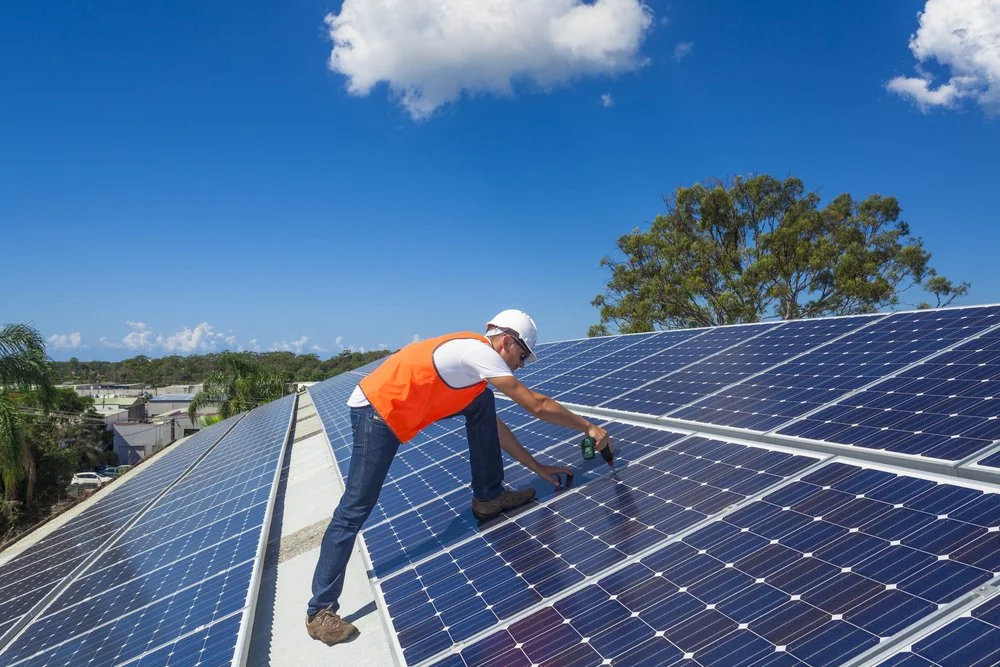
Residential solar customers that qualified for TOU grandfathering were granted protection under “legacy” TOU structures for a period of 5 years from permission-to-operate (PTO) issuance, but not to exceed July 31, 2022.
PG&E implementing new ‘B’ rates on November 1, 2019
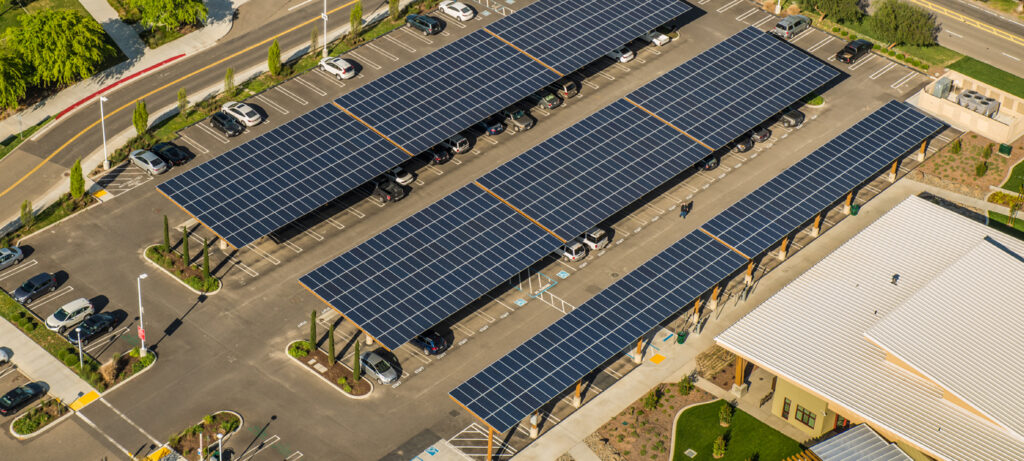
Pacific Gas & Electric is the last of the three main California investor-owned utilities (IOUs) to implement rate changes that are a result of their 2017-2019 General Rate Case (GRC). Every three years the IOUs are required to submit a formal proposal to the California Public Utilities Commission (CPUC) addressing …
SCE’s “Final Decision” Rates, Part 2: Commercial Rate Changes
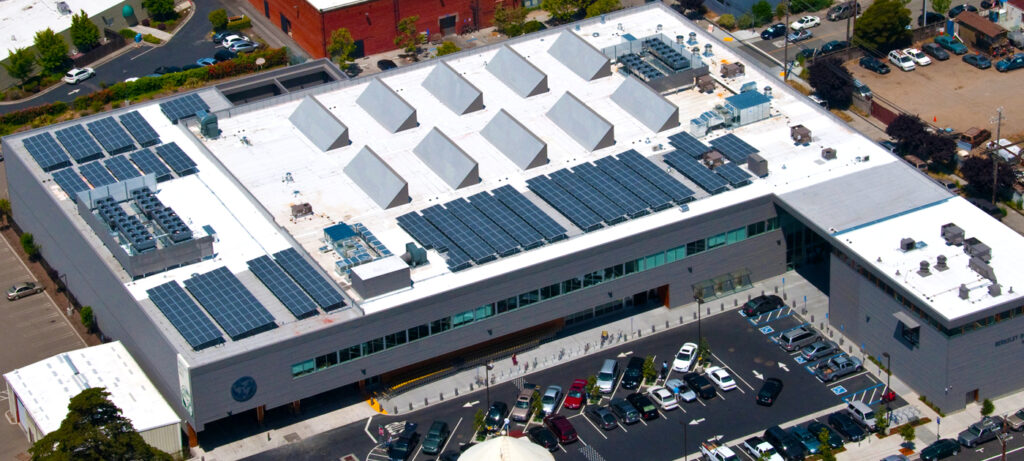
Timing NEW TOU periods (Summer/Winter) Commercial Grandfathering Small Commercial Rates Medium & Large Commercial Rates
SCE’s “Final Decision” Rates, Part 1: Residential Rate Changes
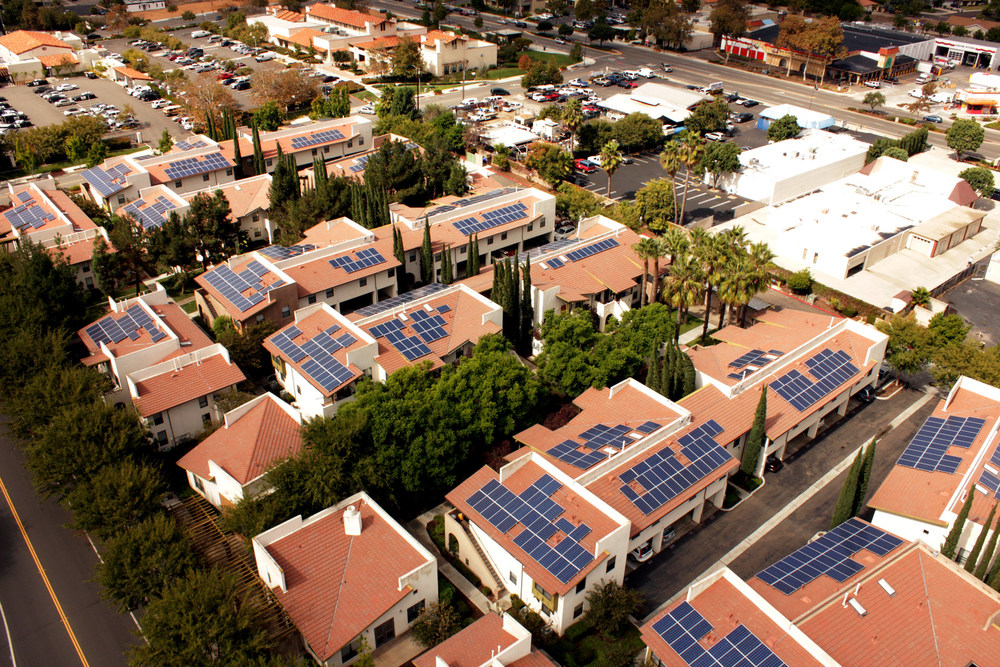
Like the other three big IOU’s (Pacific Gas & Electric and San Diego Gas & Electric) Southern California Edison is in the process of rolling out new rates for its commercial, residential and agriculture customers. These new rates mean some big changes for solar and energy storage projects in that …
PG&E’s “Final Decision” Rates, Part 2: Commercial Rates
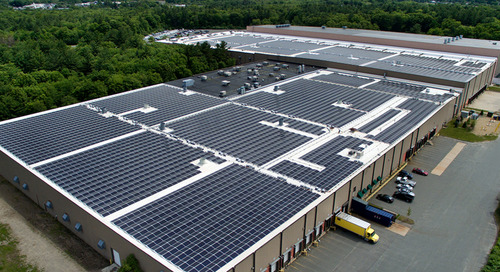
It’s not news to anyone that Pacific Gas & Electric is, and has been, in the process of finalizing new residential, commercial and agriculture rates for nearly three years. Finally, in October of 2019, these “final decision” rates will be implemented and be available on a voluntary basis. While the …
Evaluating the best residential time-of-use rate schedules in California for energy storage
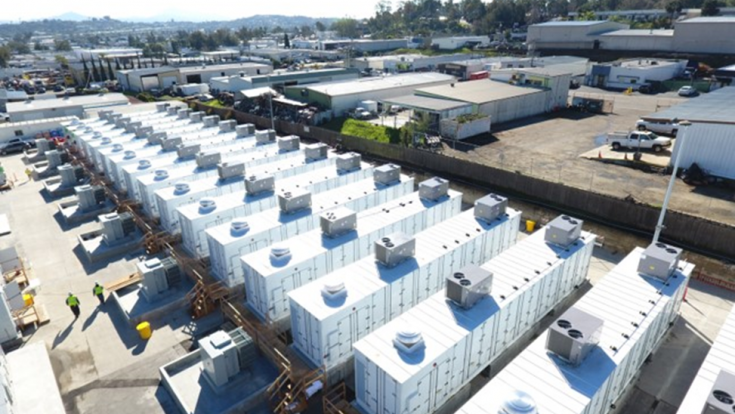
Homeowners are installing energy storage systems (ESS) in their homes for different reasons. The residential energy storage market is continuing to ramp up on a hockey-stick shaped growth trajectory. According to Wood Mackenzie’s Q3 2018 U.S. Energy Storage Monitor report, the residential segment added 57.5 MWh of storage capacity nationwide last quarter, which is more than the 39.8 MWh installed all last year. The report also shows that California continues to be the leading state for storage deployments in the residential sector.
TOU Rates & the Effect They Have on The Value of Solar
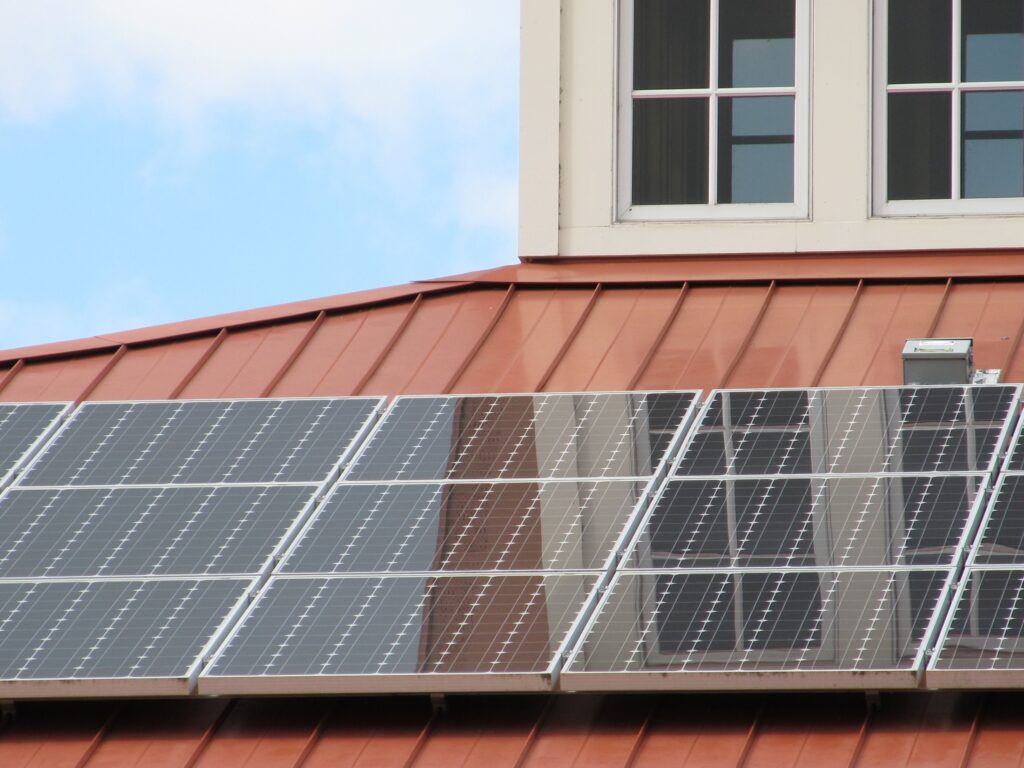
There’s a lot of misinformation floating around on how time-of-use (TOU) rates affect the value of solar. Some solar salespeople insist that TOU rates are great for solar, and that potential customers should always be opting onto them. While others have concluded that TOU rates are bad for the solar value proposition and should be avoided. So who’s right?
